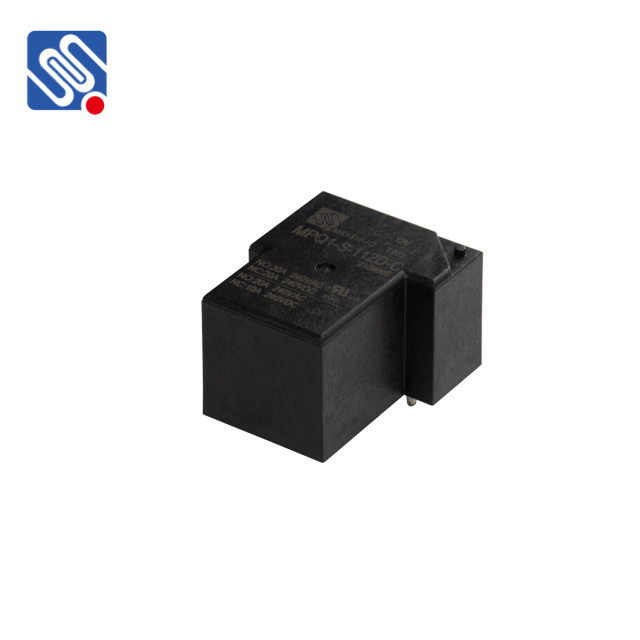A 12V DC relay is a crucial component in various electronic and electrical systems, offering a convenient and efficient way to control high-power circuits with low-voltage signals. By utilizing an electromagnetic mechanism, a 12V DC relay enables precise switching operations, making it a versatile tool in automation, protection, and control applications. This article explores the working principle, applications, advantages, and considerations of using a 12V DC relay in different systems.

What is a 12V DC Relay? A 12V DC relay is an electromechanical switch that uses a 12V DC input signal to control the opening and closing of electrical contacts in a circuit. These relays are commonly used in various fields, including automotive, industrial automation, and home automation systems. When a 12V DC current flows through the relay’s coil, it generates a magnetic field that activates the relay’s armature, causing the connected contacts to either open or close, depending on the relay’s design. The relay consists of several key components: Coil: The electromagnet that, when energized, generates a magnetic field.